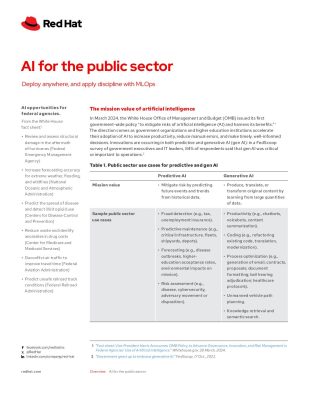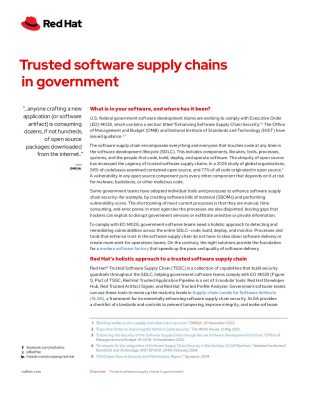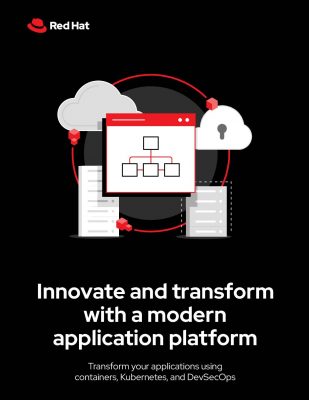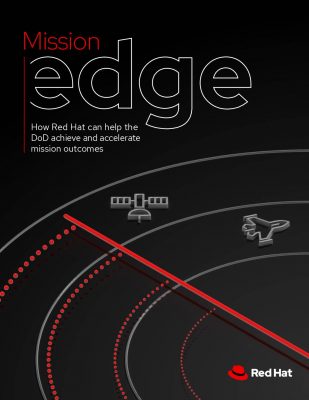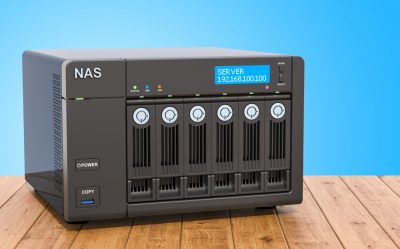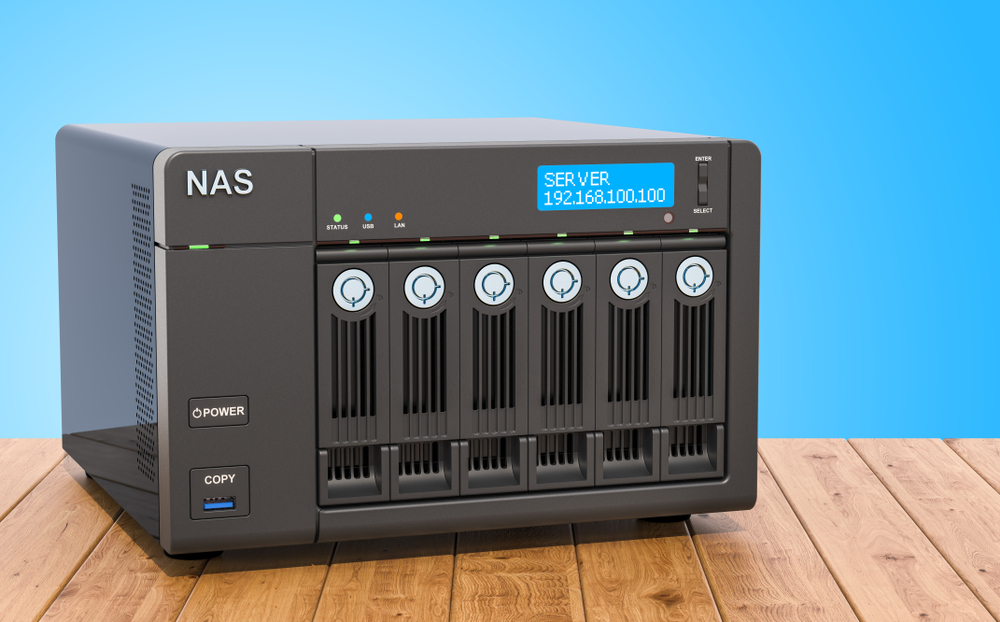Highlights:
- Utilizing a NAS device streamlines data storage and retrieval processes by eliminating the necessity for multiple hard drives.
- On-site network attached storage solutions provide a straightforward approach for businesses to manage and maintain control over their data.
A network-attached storage (NAS) device is essentially a storage tool that links to and can be accessed via a network, as opposed to connecting directly to a computer.
These devices come equipped with their own processor and operating system, allowing them to seamlessly run applications and facilitate file sharing among authorized users.
One of the many advantages of a NAS device is its accessibility—it can be easily accessed by numerous individuals, multiple computers, mobile devices, and even remotely when configured correctly.
Here are the features of network attached-storage devices:
-
Directed to your computer
This scenario is common for many of us at home when we require additional storage beyond what our computer or laptop can accommodate. Typically, we connect an external hard drive or SSD to our computer’s USB port using a USB cable.
For Mac users, Thunderbolt cables and ports are often used. While there are methods to share access to this hard drive with others, usually, the hard drive remains exclusively used by the computer it’s connected to.
This setup is often referred to as direct-attached storage (DAS).
-
Via a network
This refers to the network within your business or home, whether it’s a wired Ethernet network or a WiFi-enabled one.
In line with what was explained earlier, storage devices linked to these networks are termed network-attached storage devices. NAS devices are set up to be accessed by users within the internal network based on permissions.
Also, you typically can configure access to your NAS devices through the internet if you would like to do so.
-
Cloud storage
Azure, Amazon Web Services, iCloud, and other platforms fall under network-attached storage.
Individuals often choose to connect storage to their personal networks when they care about keeping costs fixed or predictable and if they require access to their data and files even during internet outages or have concerns regarding privacy and data security.
Let’s now focus on the broader advantages of employing network-attached storage.
What Are the Benefits of Network Attached Storage?
The benefits of network attached storage systems extend beyond their fundamental role of providing data accessibility. These systems cater to diverse technical requirements, rendering them indispensable tools for organizations heavily reliant on data.
-
Streamlined data management
Efficient data organization and management are significant advantages of employing NAS solutions. These solutions act as centralized hubs for all digital assets, significantly streamlining the organization, accessibility, and data protection.
This aspect holds particular significance for enterprises dealing with large volumes of data and extensive digital media collections regularly.
-
Cost-effective storage
NAS systems are notably among the most cost-effective long-term data storage solutions for large-scale applications. They negate the need for expensive servers or top-tier hardware, enabling a centralized storage environment at a more budget-friendly cost.
Moreover, their scalability feature allows for a gradual increase in storage capacity, aligning with growing storage needs over time.
-
Enhanced collaboration
NAS possesses the capacity to facilitate concurrent access and collaboration on files by multiple users, making it highly suitable for businesses emphasizing cooperative work.
It promotes seamless file sharing, expedites decision-making processes, and enhances collective efficiency within the organization.
-
Augmented storage capacity
In contrast to alternative storage solutions, devices of network attached storage provide a significant increase in storage capacity at a fraction of the cost. This alleviates issues related to data overload and bottlenecks, ensuring a more efficient and cost-effective storage solution.
-
Private cloud storage
Network-attached systems enable the provision of private cloud storage capabilities, offering enhanced control and accessibility when compared to public cloud storage.
This empowers businesses to uphold the privacy and integrity of confidential documents, personal files, and critical data, aligning with specific organizational needs and security requirements.
-
Built-in data safeguards
Practically all commercial NAS systems come equipped with automated backup and recovery software.
This proactive approach plays a crucial role in preserving data integrity and significantly reduces the risk of data compromises and loss stemming from unforeseen events and catastrophes.
Transitioning from comprehending these advantages, let’s delve into the diverse and impactful use cases that demonstrate the true potential of NAS.
What Are Some Examples of Network Attached Storage Use Cases?
Network-attached storage offers scalable, high-performance file storage systems to facilitate intensive processing across diverse applications.
This versatility enhances productivity in various applications like surveillance integration, virtualization support, file sharing, and improved collaboration.
Here are some prevalent use cases of network-attached storage:
-
Backup and recovery
NAS devices minimize downtime and ensure data protection during emergencies or cyberattacks. By centralizing storage and automating backups, they facilitate the swift recovery of essential files, saving time and resources.
-
Handling high-volume data
Enterprises dealing with massive data volumes find cloud storage impractical due to latency issues. Scaled-up enterprise NAS solutions effectively store large amounts of data, employing cloud caching to maintain pointers to on-premise files.
-
Analytics
NAS is instrumental in storing and analyzing substantial volumes of raw machine data. A high-performance NAS with a unified namespace streamlines analytics and processing, offering extensive analytics capabilities such as metadata analytics.
-
Visual imaging
NAS devices are well-suited for demanding applications like rendering, microscopy, image processing, and 3D animation. They prove invaluable for industries with specific high-end visual imaging needs.
-
Virtual machines
NAS can act as a host for virtual machines, enhancing speed and scalability and optimizing the virtualization process.
-
Smart homes
In the domain of smart homes, NAS serves as a centralized media hub. It allows users to store data from CCTV, create multimedia file catalogs, and stream content across multiple devices simultaneously—all within a single device.
NAS showcases its prowess across different domains, from centralizing data storage for improved collaboration to facilitating seamless file sharing and backup solutions.
Let us explore how businesses can leverage NAS devices to centralize data storage, improve collaboration, enhance data security, and achieve efficient data management.
Why Should Businesses Use Network Attached Storage Devices?
From streamlined data access to enhanced security and scalability, network attached storage devices offer many advantages for a business. Let us explore the advantages in detail:
- Utilizing a NAS device streamlines data storage and retrieval processes by eliminating the necessity for multiple hard drives.
This simplification leads to a reduction in both time and costs linked to maintaining physical hard drives. Additionally, it offers an added layer of security for data backup.
- NAS devices are compatible with various operating systems (OS), simplifying the sharing of information across networks within businesses, regardless of the OS running on each machine.
- NAS devices prove to be an effective solution for businesses aiming to optimize data storage and retrieval processes and encourage seamless collaboration among teams. Harnessing the capabilities of a NAS device allows businesses to enhance efficiency, minimize costs, and elevate overall productivity.
- On-site network attached solutions provide a straightforward approach for businesses to manage and maintain control over their data. Businesses utilizing an on-site NAS device can securely store, share, and access data without depending on third-party cloud storage This ensures streamlined data security and constant accessibility to critical information as needed.
From streamlined data management to enhanced accessibility and security, NAS devices prove to be pivotal assets for businesses across various industries.
Closing Lines
A network-attached storage device stands as a fundamental asset. Picture it as a centralized hub for all your digital data, neatly organized and easily accessible. It streamlines how you handle data and offers cost-effective storage solutions.
As your business grows, NAS grows with you, thanks to its scalability. Collaboration becomes a seamless process with multiple team members accessing and working on files together. Furthermore, NAS even provides the privacy and control of a private cloud, meeting stringent security and compliance needs.
With built-in data safeguards, it ensures data integrity, making NAS a robust data management solution for any forward-thinking business.
Access a wealth of similar cloud-related whitepapers in our resource center.

